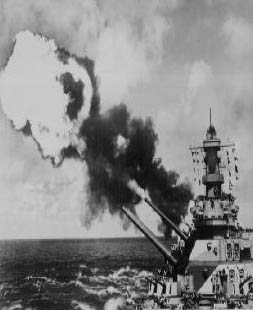Spruance
After the war, Mitsuo Fuchida, the leader of the attack on Pearl Harbor, coauthored a book about the Battle of Midway. The book contains a foreword written by Adm. Raymond Spruance, the officer most responsible for the success of the U.S. forces during the battle. In the foreword Admiral Spruance makes this comment:
In reading the account of what happened on June 4th, I am more than ever impressed with the part that good or bad fortune sometimes plays in tactical engagements. The authors give us credit, where no credit is due, for being able to choose the exact time for our attack on the Japanese carriers when they were at their greatest disadvantage—flight decks full of aircraft fueled, armed, and ready to go.80
Admiral Spruance displays a sense of humility unique to a military hero. He makes an unusual concession that the actions of the leaders involved were not the determining factor in this great victory. He attributes the amazing timing of his own attack to “good fortune,” which, for a nonreligious person, would be a perfectly adequate explanation. It is my belief, however, that, instead of a series of “lucky” incidents at Midway we have seen a pattern of events that shows evidence of God’s hand acting on behalf of the American forces at this crucial moment of the war. It is difficult to imagine the long-range consequence of a different outcome to this battle. If the Japanese had achieved mastery of the Pacific, America would have been forced to drastically alter its commitment to the war in Europe. The shape of Europe and the world after the war would not have been the same.
When the trumpets sounded, the people shouted, and at the sound of the trumpet, when the people gave a loud shout, the wall collapsed; so every man charged straight in, and they took the city.
—Joshua 6:20

Big guns firing from U.S. warship. (National Archives)